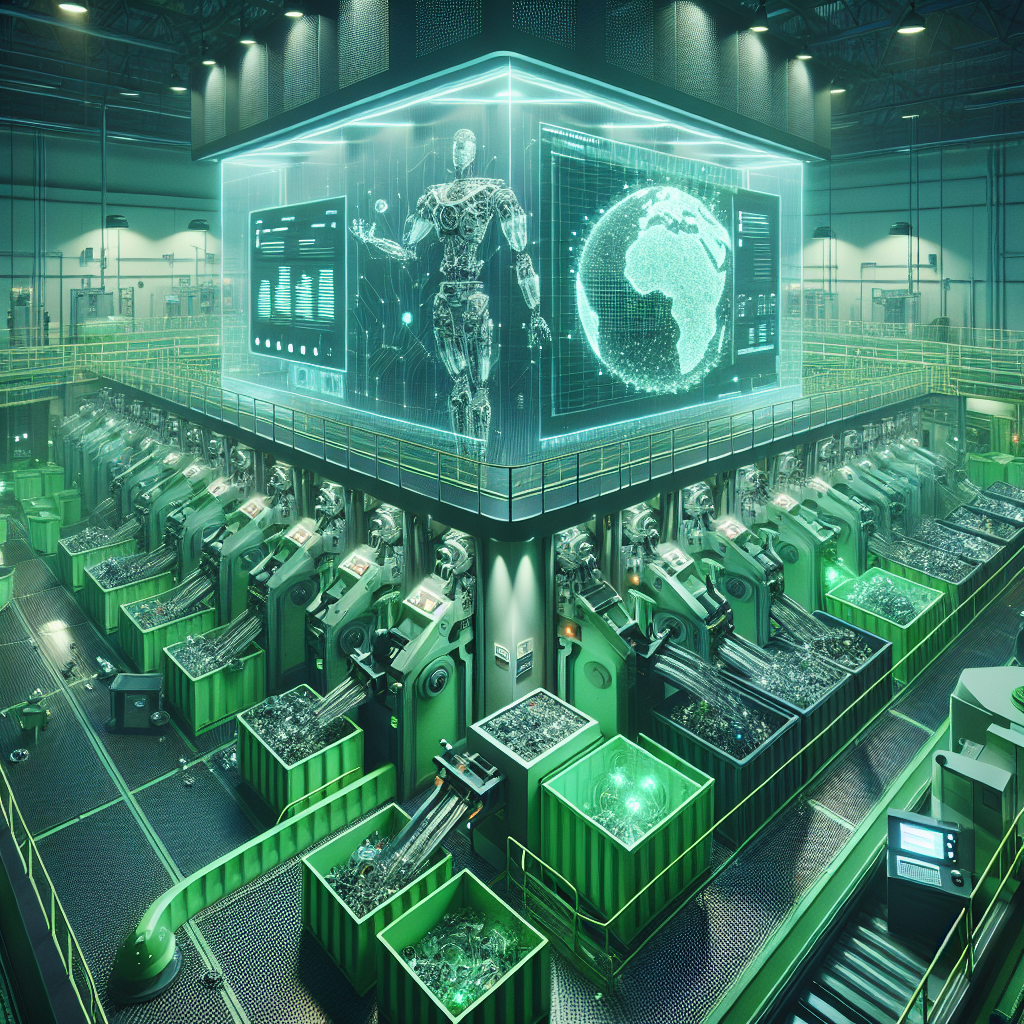Blog Ecobraz Eigre

Machine Learning in the recycling of rare metals: efficiency and intelligent reuse
Introduction to Rare Metal Recycling with Machine Learning
The growing demand for rare metals, essential for modern technologies, increases the importance of recycling these resources efficiently. The use of Machine Learning is revolutionizing this process, bringing intelligence and automation to optimize the recovery and reuse of these precious metals.
Challenges in Traditional Rare Metals Recycling
Conventional recycling faces challenges such as the accurate identification of materials and the efficient separation of rare metals from other components. These manual or semi-automated processes can be slow, costly and inaccurate, resulting in significant losses and negative environmental impacts.
How Machine Learning Revolutionizes the Process
Machine Learning uses advanced algorithms to analyze large volumes of data and recognize complex patterns. In recycling, this makes it possible to identify the composition of electronic and metallurgical waste with high precision, helping to separate and classify metallic materials. Techniques such as computer vision and intelligent sensors are integrated to capture detailed information during sorting.
Increased Efficiency in Separation and Recovery
With Machine Learning models trained on various samples, it is possible to predict which processing methods are most suitable for each type of waste. This reduces waste and increases the purity of the metals recovered. In addition, data-driven automation speeds up the process, making it more sustainable and cost-effective.
Smart Recycling and Sustainability
In addition to recovery efficiency, Machine Learning makes it possible to continuously monitor and control the recycling cycle, ensuring that metals return to production chains with consistent quality. This intelligent approach contributes to reducing mineral extraction and environmental impacts, promoting a circular model of the rare metals economy.
Practical Examples and Future Applications
Pilot projects have already demonstrated success in applying Machine Learning to separate lithium and cobalt in used batteries, as well as recovering rare earths in electronic equipment. The continued advancement of these technologies points to a future where recycling will be increasingly automated, efficient and integrated into industrial processes.
Conclusion
The use of Machine Learning in the recycling of rare metals represents a crucial step towards technological sustainability. By optimizing efficiency and promoting intelligent reuse, this innovation contributes to the preservation of natural resources and the development of a more circular and conscious economy.

Deixe um comentário
O seu endereço de e-mail não será publicado. Campos obrigatórios são marcados com *